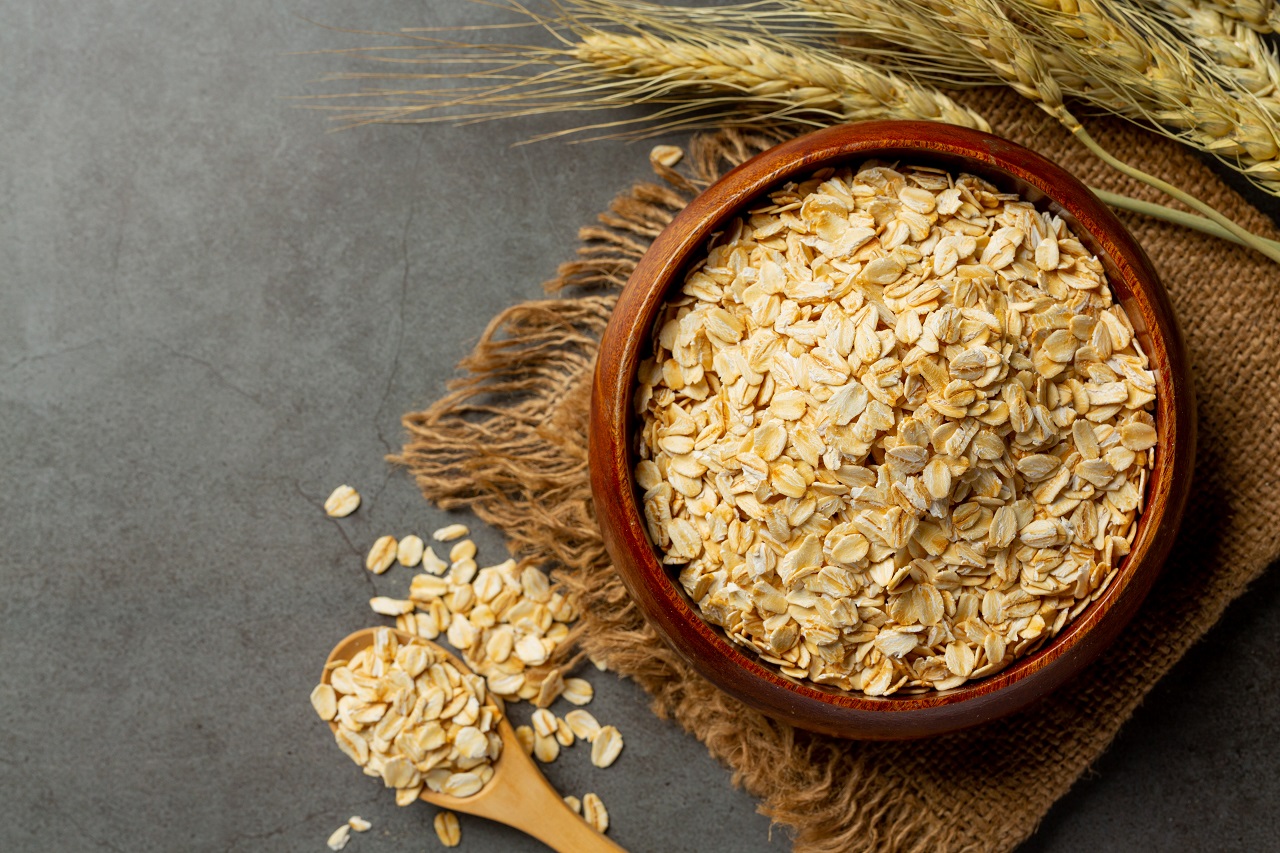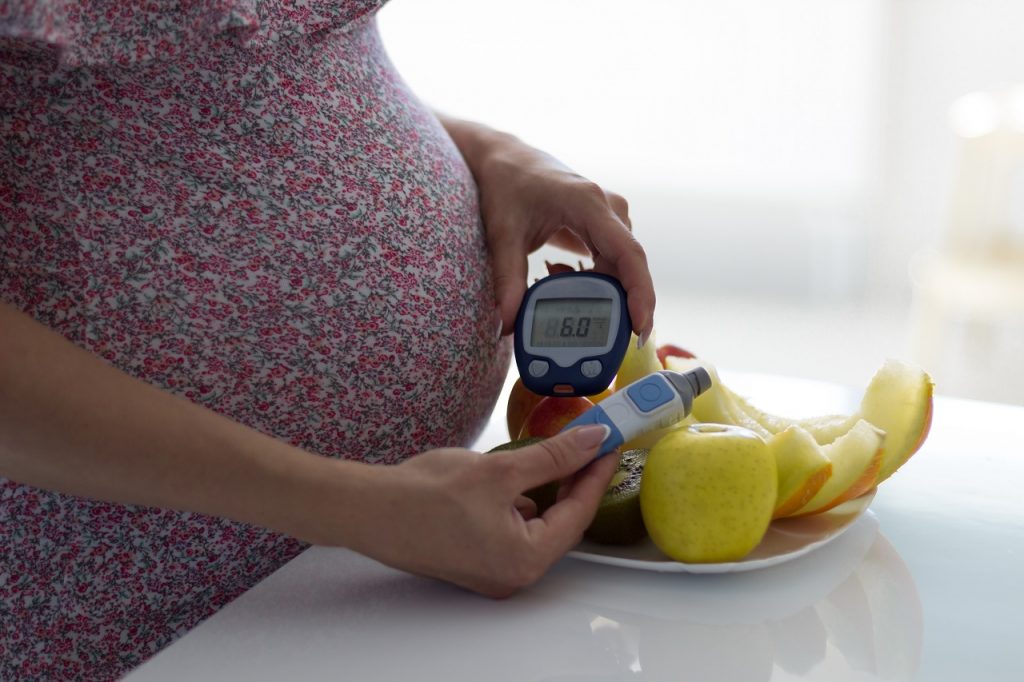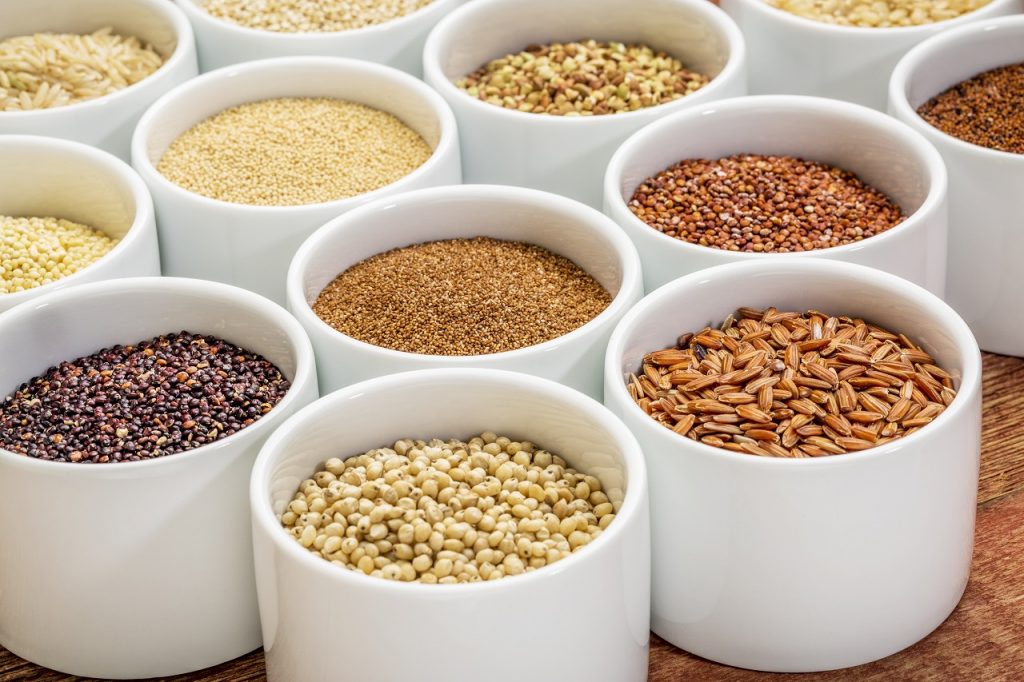 If you’re diagnosed with Diabetes, white rice and anything made with white flour such as bread or pasta and other refined grains are off the table. This leaves us with little options. Out of these limited options, Barley and Ragi can work wonders if you want to stop those surges in blood sugar. Here’s why we think Barley and Ragi are the best grains for diabetes.
If you’re diagnosed with Diabetes, white rice and anything made with white flour such as bread or pasta and other refined grains are off the table. This leaves us with little options. Out of these limited options, Barley and Ragi can work wonders if you want to stop those surges in blood sugar. Here’s why we think Barley and Ragi are the best grains for diabetes.
Why Are Barley and Ragi The Best Grains For Diabetes?
Barley is a wonder grain, not only for diabetics, but for everyone. This grain helps diabetics specifically because it is high in fiber content (soluble and insoluble) which makes it a low GI food. Consuming Barley will not raise your blood sugar levels like a piece of bread or a cup of polished white rice would.
If you’re wondering how Barley achieves that, it’s because of the Beta Glucan fibers in it. Thanks to these fibers, the release of sugars in the bloodstream is slowed and when consumed, it helps a person keep their sugar levels well within the target zones – for post prandial – that is post meal sugar, as well as the fasting sugar levels, which improve because consuming barley keeps you satiated for a longer duration, so you are less hungry and eat less frequently.
Moreover, Barley is a good source of magnesium which is very important for diabetics as deficiency of magnesium is known to cause insulin resistance, and a magnesium-rich diet helps in improving insulin sensitivity of cells which results in better blood sugar control. 1 cup of barley consumption covers 61% of your daily magnesium requirement.
What Is The Best Way To Consume Barley?
Make sure to go for hull-less Barley which is the truly whole grain variety of Barley. More processed type is known as pearl Barley and may have less nutrient density as compared to hull-less Barley. The way to consume it is by adding it to soups, stuffing, flour, etc. or by having barley water more commonly known as ‘Jau Ka Pani’ which is prepared by soaking a cup of barley overnight. Adding Barley in a diabetic diet serves a lot of benefits!
How Does Ragi Help Manage Diabetes?
If we speak of Ragi, it also comes from the millet family and contains higher amounts of calcium and phosphorus as compared to some other cereals and grains. Diabetics who have gluten resistance and cannot consume wheat or barley can opt for Ragi as it is gluten-free. Ragi also has very less cholesterol and very high antioxidant activity, which helps meet the overall nutritional requirement for a diabetic.
However, it’s best to consume Ragi in moderation and rotate with other whole grains for best benefits on sugar control. For diabetics, the best approach to carbohydrate consumption is to stick to rotation of whole grain foods.
We hope this article on the best grains for diabetes helps you. For more on managing diabetes, check out Healthy Reads.
For further guidance and motivation by certified experts, join the GOQii Diabetes Care program. It’s India’s only diabetes program that is driven by Smart Science and Personal Coaching to improve Fasting Blood Sugar (FBS), Postprandial Blood Sugar (PP), reduce HbA1c levels and let you win gold! You can subscribe here: https://store.goqii.com/diabetescare.
#BeTheForce

 You may have often come across the term ‘Diabetes Reversal’. But can the condition actually be ‘reversed’? “The word ‘reversal’ is a misnomer, as the dictionary defines it as a change in an opposite direction, position, or course of action or back to a former state. Of late, this seems to be used very loosely next to diabetes, and that’s not an accurate way to look at it.
You may have often come across the term ‘Diabetes Reversal’. But can the condition actually be ‘reversed’? “The word ‘reversal’ is a misnomer, as the dictionary defines it as a change in an opposite direction, position, or course of action or back to a former state. Of late, this seems to be used very loosely next to diabetes, and that’s not an accurate way to look at it.
 Fact
Fact Diabetes is one of the most prevalent conditions throughout the world. Be it Type 1, Type 2 or
Diabetes is one of the most prevalent conditions throughout the world. Be it Type 1, Type 2 or 


